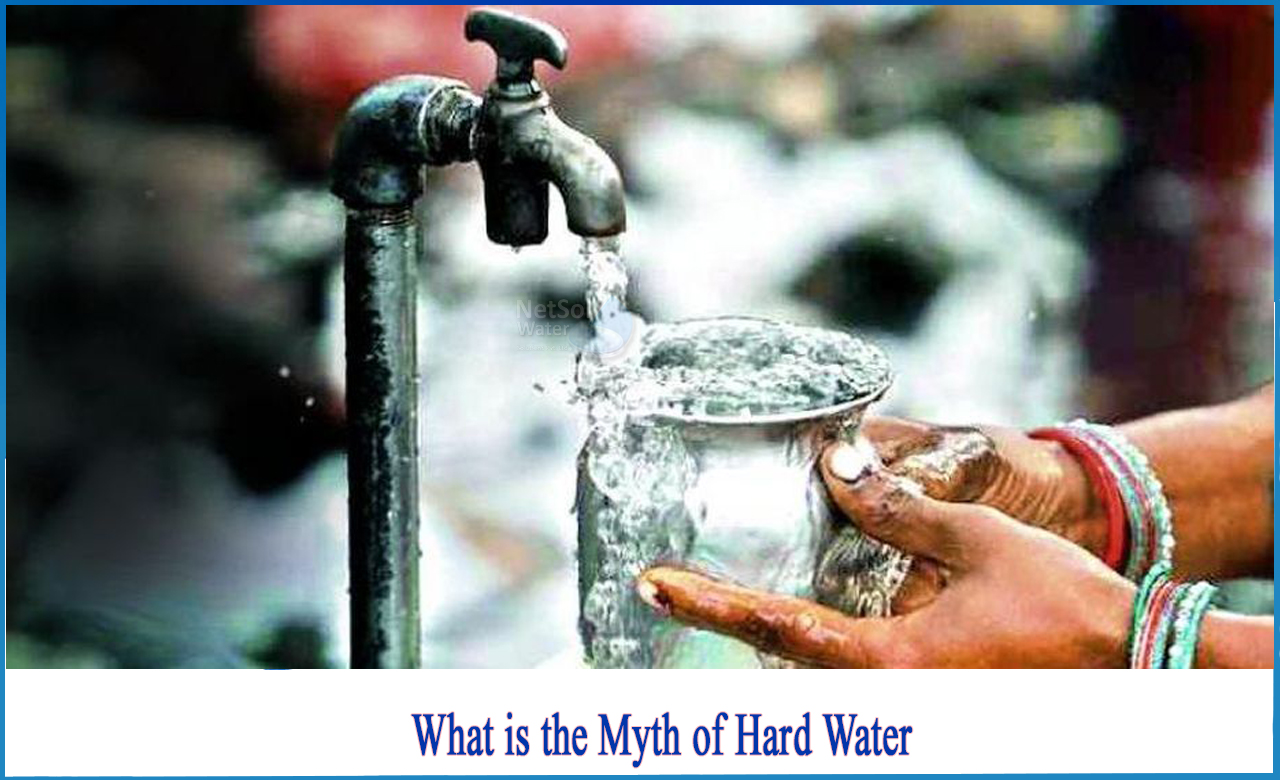What is the Myth of Hard Water?
Hard water myths have been in and out of your home for the last few years, and it's hard to believe what the recent facts and fiction are.
Myth # 1: Hard water is not a problem.
Hard water is found in most places. The water in the pipe comes from the ground. Therefore, magnesium and calcium are dissolved minerals that are absorbed along the way to harden the water. Hardness levels vary from region to region, so it is important to have a professional water quality test to determine the actual hardness of the water.
Myth # 2: Hard water is delicious.
Drinking from a tap is common in many homes, but you will notice the difference when the water is hard. Soft water tastes good and is refreshing. Soft water is also suitable for dental hygiene. After years of drinking hard water, your teeth may turn yellow.
Myth # 3: Hard water is uncontaminated.
Hard water can cause significant damage to pipes due to the high levels of magnesium and calcium that are actually pollutants. Hard water contamination can cause dirt and debris to build up on appliances, tableware, and plumbing, making it difficult to clean and remove clogging.
Myth # 4: Hard water does not affect the laundry.
Effectively cleaning clothes with hard water is a daunting task. Melted minerals tend to interfere with the action of the detergent, making clothes look grainy and can cause the colour to fade quickly.
Myth # 5: Hard water can cause health problems.
Hard water is not harmful to your health, but it can cause serious plumbing problems. The accumulation of scale caused by minerals dissolved in hard water can cause problems and repairs in household plumbing. This can ultimately cause unhealthy problems in your wallet. Drinking soft water is safe for you and your family. Your decision on whether to drink soft water should be entirely dependent on whether you like the taste!
Some water softeners come standard with a drinking water bypass tap. This is a faucet that attaches to your kitchen sink and provides a source of soft water that you can drink as you like.
What's in soft water?
Most water softeners remove minerals present in hard water, such as magnesium and calcium, through a process called ion exchange. Here you can find out more about how the water softener works.
Sodium is used to soften water. This is because the resin that traps unwanted minerals is washed with sodium. In ion exchange, even a small amount of sodium is exchanged for magnesium and calcium.
This means that soft water contains a small amount of sodium (also known as salt). The salinity of soft water depends on the geographical location and the hardness of the water. Softened water contains high levels of sodium, especially in areas with hard water, as more salt is needed to soften the water. Soft water does not contain unhealthy amounts of sodium. In average hard water, 250 ml of soft water adds 1% of daily sodium intake. (The recommended daily allowance by the NHS (2015) is 2,400 mg of sodium.)
For health reasons, the recommended salt content in drinking water is limited to 200 mg/l, but soft water has no effect on decaying of teeth rather the dental health in unaffected from the use of soft or hard water.
Netsol Water is Greater Noida-based leading water & wastewater treatment plant manufacturer. We are industry's most demanding company based on client review and work quality. We are known as best commercial RO plant manufacturers, industrial RO plant manufacturer, sewage treatment plant manufacturer, Water Softener Plant Manufacturers and effluent treatment plant manufacturers. Apart from this 24x7 customer support is our USP. Call on +91-9650608473, or write us at enquiry@netsolwater.com for any support, inquiry or product-purchase related query.



